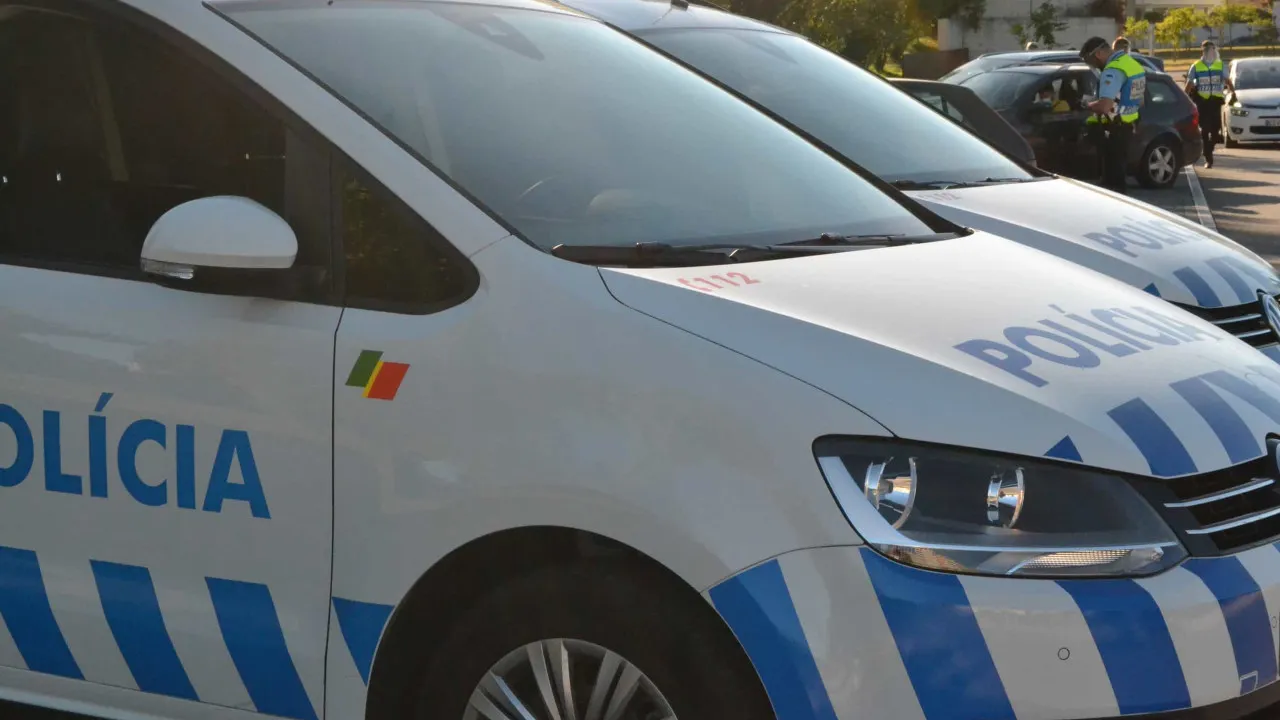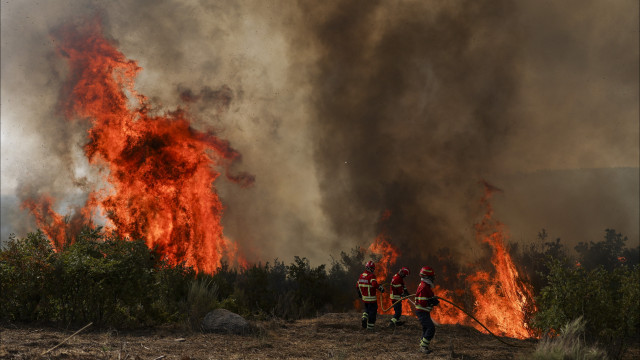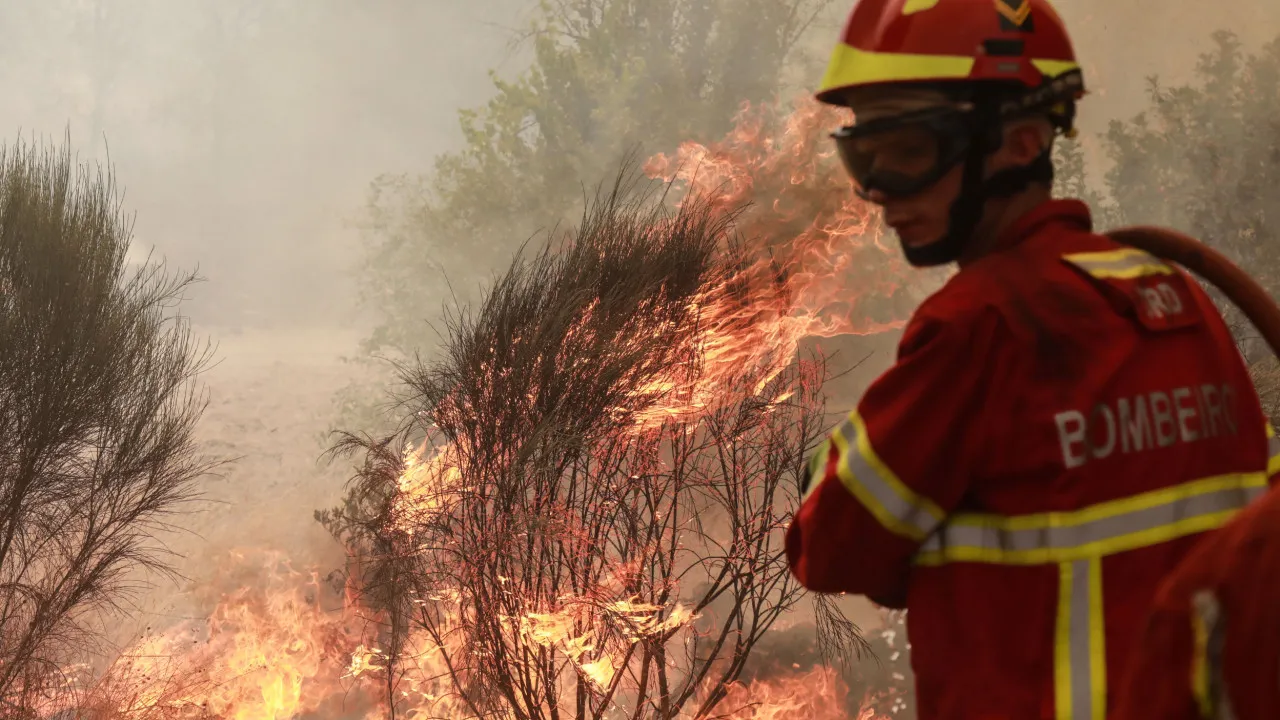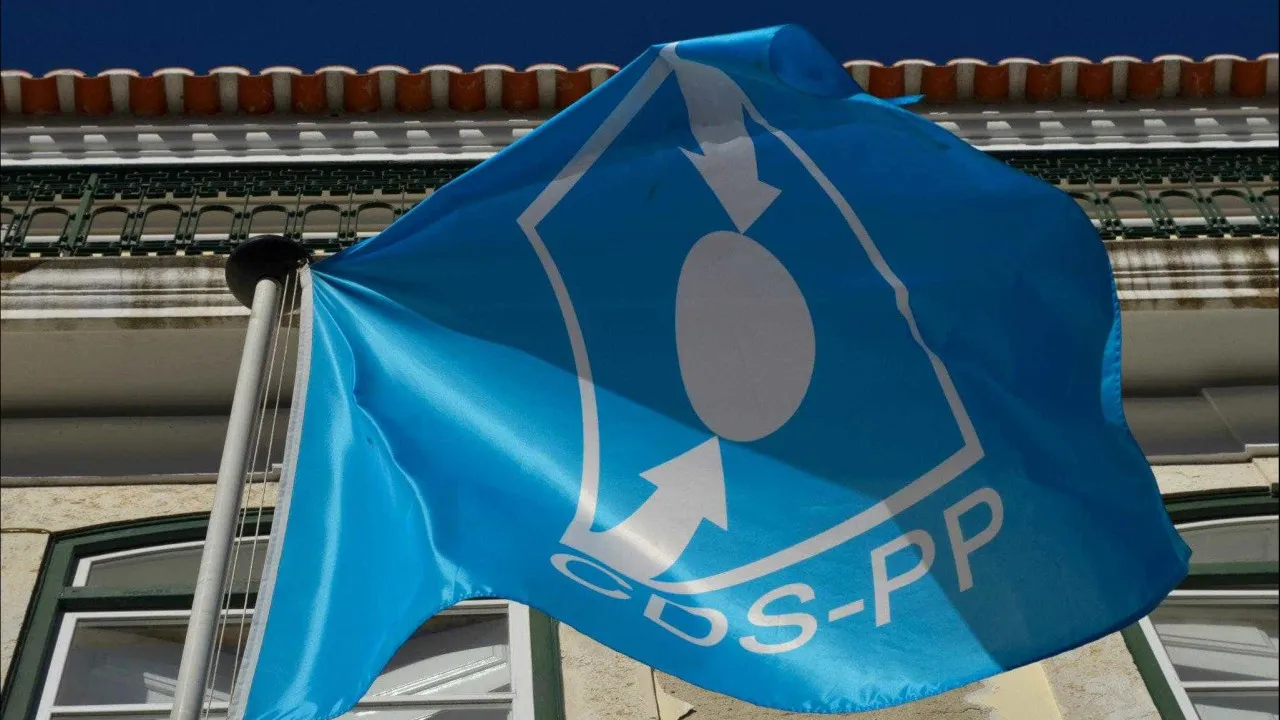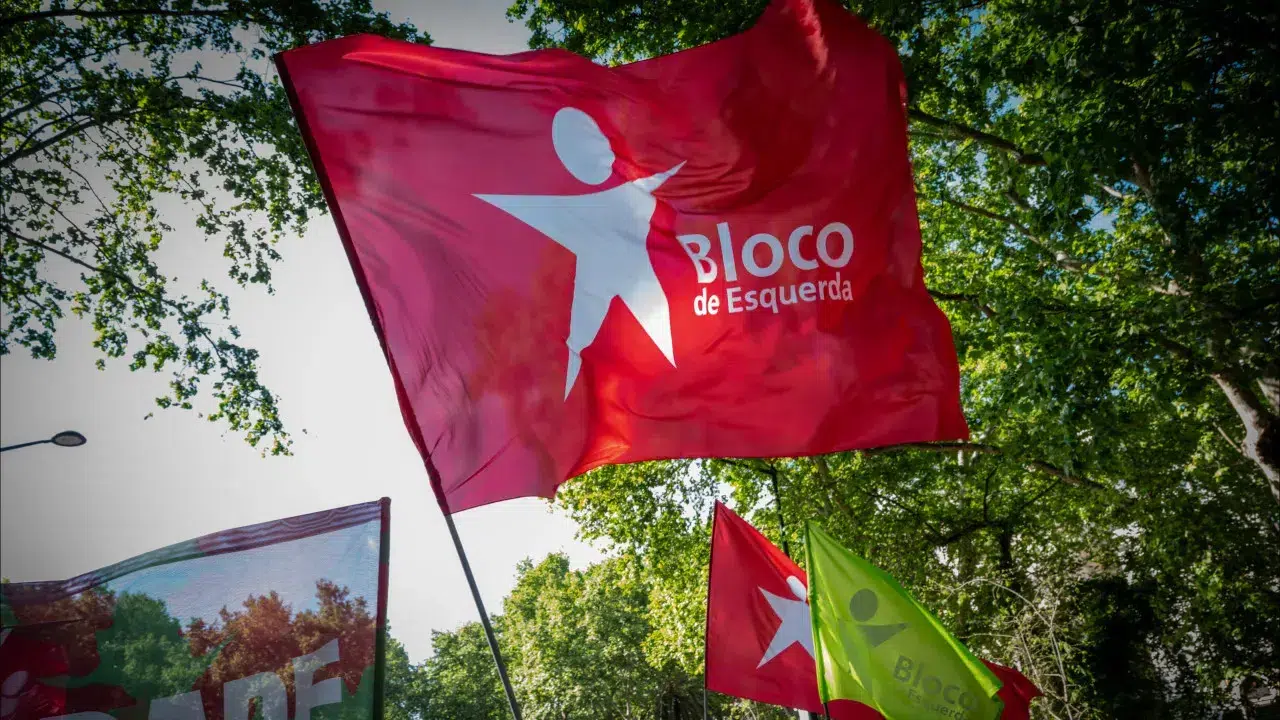
In October of last year, at the 5th National Conference in Porto, the BE approved a strategic document for local elections, aiming to form social alliances in political transformation projects leaning towards the left, as alternatives to the governance by PS and PSD.
In Lisbon, the party remained open to a left-leaning coalition, which included PS, to defeat Carlos Moedas (PSD).
This coalition, led by socialist Alexandra Leitão, was announced on July 17 and brought together PS, Livre, BE, and PAN under the slogan “Live Lisbon”.
It is one of the most significant coalitions involving BE in these local elections, although not the only one. Isabel Pires, responsible for overseeing the elections, stated that BE is “building local election lists in all districts and regions of the country, maintaining a presence in traditional areas where it has run”, forming about two dozen coalitions.
This provisional number already significantly exceeds the two coalitions BE was part of in the 2021 local elections (Oeiras and Funchal).
The coalitions include partnerships with PS, Livre, and PAN in Albufeira and Ponta Delgada, as well as in the capital; with Livre and PAN in Cascais, Figueira da Foz, Leiria, Loures, Odivelas, Olhão, Portimão, and Silves; only with Livre in Barreiro, Castelo Branco, Loulé, Odemira, and Santarém; or in Oeiras, with Livre, Volt, and the independent movement “Evoluir Oeiras”.
In other areas, BE is fielding strong candidates: former deputy José Manuel Pureza leads the list in Coimbra, and former parliamentary leader Pedro Filipe Soares is running in Matosinhos. In Porto, the independent Sérgio Aires is their candidate.
According to party data, BE currently has five elected councilors in Lisbon, Almada, Porto, and Salvaterra de Magos, including the seat from the Evoluir Oeiras coalition, 94 municipal deputies, and 162 elected members in parish assemblies.
In 2021, BE ranked fifth nationally, with 2.75% of votes, failing to win any council seats and losing significant numbers of councilors from a previous count of 12.
National coordinator Mariana Mortágua has frequently emphasized the importance of assuming leftist alliances, especially after May’s legislative elections, which left BE with only one parliamentary seat, marking its worst result ever.
The local elections take place at a critical time for the party, which in November will convene its 14th National Convention, facing four opposing motions pointing to a lack of internal democracy and calling for more attention to grassroots.
Asked about electoral objectives, Isabel Pires stated that BE aims to “strengthen its representation in local bodies, ensuring its proposals, particularly in housing, environment, and mobility, are integrated into local agendas”.
“Recognizing the complex political context, marked by a right-wing parliamentary majority, the Bloc will focus its campaign on defending robust public services and building alternatives to liberal policies, seeking to expand its influence in local governments,” she added.
The local elections are scheduled for October 12.

